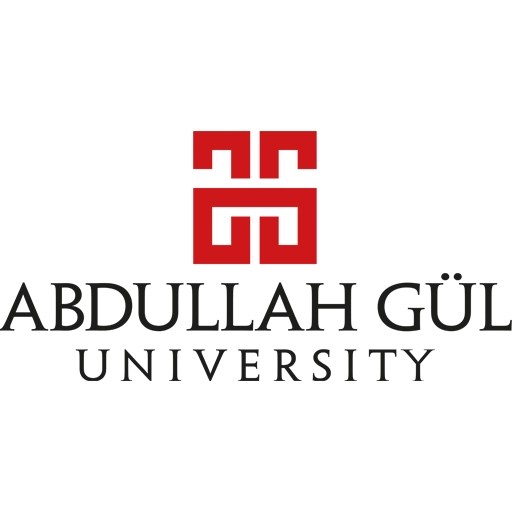Photos of university / #aguhayalim
What is Materials Science and Nanotechnology?
The famous talk entitled “There’s Plenty of Room at the Bottom” by renowned theoretical physicist Richard Feynman seeded the concept of nanotechnology in 1959 during an American Physical Society meeting at the California Institute of Technology (CalTech), which was long before the term "nanotechnology" was used. Inspired by this talk, many researchers from various disciplines started exploring the possibility of manipulating matter on a atomic and molecular scale, which has evolved a new interdisciplinary research area called "Materials Science and Nanotechnology Engineering".
This new visionary field covers a wide range of projects from atomic-level manipulations to micro-scale device fabrications, and it's main goal is to control the structure and properties of materials in an extremely small scale (nanometer). The idea behind this approach is that the properties of materials can exhibit dramatic changes when dimensions get close to atomic levels and exceptional properties can be obtained, which otherwise would be impossible.
The field of Materials Science and Nanotechnology Engineering investigates different classes of materials such as metals, ceramics, polymers, electronic materials and biomaterials with an emphasis on elucidating structure-process-property relationships. Over the past two decades, nano-structured materials and devices impact all fields of science and engineering, including chemistry, physics, molecular biology, microelectronics, biomedical engineering, and civil engineering. The advancements realized in these fields has led to advanced materials and technologies such as smaller, faster computer chips, smart phones, new display technologies, smart nanocomposite materials, biosensors, and drug delivery systems. Today, many researchers from various disciplines are exploring a wide variety of ways to deliberately make nanostructured materials to take advantage of their enhanced properties. The future of enhancing our way of life has strong bonds with improvements in materials science and nanotechnology.
AGU Materials Science and Nanotechnology Graduate Program Structure
The purpose of our graduate programs is to inform multidisciplinary research perspective in materials science and nanotechnology, and to educate tomorrow’s problem-solvers in light of increased competitiveness and new global challenges. Our approach in our graduate level training is to motivate students to conduct ground breaking research in materials science and nanotechnology. Our graduate program is conducted in English. In order to graduate, candidates are required to accomplish at least 7 courses with 21 credits and a seminar course. Each candidate for the M.Sc. degree must submit a thesis based on original research and/or application in related fields. The graduate program consisting of courses and an original M.Sc. thesis can be completed as early as by the end of three semesters.
Find the detailed curriculum and course descriptions under: http://fbe.agu.edu.tr/advanced-materials-nanotechnology
One of the following exam results is mandatory for International Graduate Applications:
- GRE Quantitative Reasoning score of minimum 153 (or 680 according to the old score system).
- GMAT score of minimum 500.
- Graduate Assessment Test GAT™-GENERAL score of minimum 70% for GAT-Accumulative and 28% for GAT-Quantitative Reasoning sections.
- Application for Ph.D. Program with a Bachelor degree requires minimum score of GRE Quantitative Reasoning 156 (or 720 according to the old score system) or Graduate Management Admission Test (GMAT) 590 and minimum Grand Point Average (GPA) of 3.0/4.0.
- GRE & GMAT scores are valid for three years.
One of the following minimum scores as proof of English Proficiency:
- TOEFL iBT: 87
- PTE: 74
- YDS/e-YDS/UDS/KPDS: 73
- AGU English Exemption Exam* (AGU-IMS Exam): 70 (minimum sub-score per each section)
*AGU-IMS exam is only valid for M.Sc. application. Ph.D. applicants must hold one of the other English proficiency tests scores.
The following documents should be uploaded to the system for online application (No need to mail any document at this stage). Original documents are needed during the interview and registration.
a. Undergraduate and Graduate (if available) Diploma
b. ALES or GRE Certificate (It's mandatory for Turkish applicants to have an ALES score and for international applicants to have a GRE Score)
c. Language Proficiency Exam Certificate
d. University Transcript
e. Minimum of 2 Recommendation letters
f. CV/Resume
g. Official ID Photo
h. Passport (ID and Validity Date pages) (Mandatory Only For International Students)
i. Portfolio*
j. Statement of Purpose*
* Requested in interviews from the candidates who apply for graduate programs of Architecture.
More information can be found on the official program page: http://fbe.agu.edu.tr/advanced-materials-nanotechnology

